They say the past is a different country, but Boomers seem determined to live there forever.

Have you ever noticed how Boomers can’t stop talking about the “good old days”? From their favorite music to stories of a simpler time, it’s like they’ve got one foot stuck in the past. They bring up childhood memories, iconic cultural moments, and the values they once believed were unshakable. It’s more than just reminiscing—it’s a lens through which they understand today’s world.
But why is that? What draws them so strongly back to those decades gone by? The nostalgia runs deep, and often, it reflects both longing and resistance to change. In this article, we’re diving into 11 eye-opening reasons Boomers can’t seem to let go of yesterday—and what that says about the world they grew up in and the one they’re navigating now.
1. They Believe Life Was Simpler Back Then

Boomers often describe their earlier years as a time when the world made more sense. There were fewer distractions, fewer notifications, and a slower pace of life. You didn’t have to juggle a dozen apps, respond to constant texts, or worry about going viral for saying the wrong thing. Conversations happened face to face or over a rotary phone, and plans were made without digital calendars or group chats.
This simplicity brings a sense of emotional comfort. Even if things weren’t perfect, there’s a calmness in remembering a world without the pressure of constant updates or comparison, according to Emily Sargent at Stylist. That simplicity feels like an anchor in a time when life now seems more fragmented and chaotic. The nostalgia isn’t always about the facts—it’s about the feeling of being more in control, more connected, and less overwhelmed.
2. They Miss When Hard Work Was Rewarded

For many Boomers, effort once equaled stability. You could work a union job, raise a family on one income, and retire with a pension. There was a sense of fairness in the system—put in the work, and you’d reap the rewards. Promotions weren’t always guaranteed, but they felt within reach for those who showed up and did their job well.
Now, that social contract feels broken. Many Boomers look at today’s job market and see instability, gig work, and endless credentialism, as mentioned by Dr. Krystine Batcho in a podcast episode at APA. The goalposts have moved, and hard work alone no longer ensures security. This fuels a longing for the past, when the rules seemed clearer and the rewards more attainable. It’s not just about money—it’s about the erosion of a value system they trusted.
3. They’re Nostalgic for Iconic Music and Culture
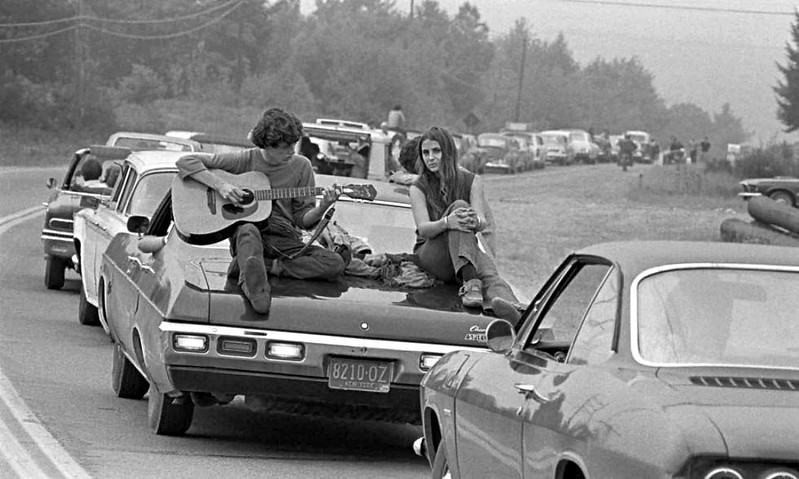
The Boomers came of age during one of the most groundbreaking cultural explosions in history. They didn’t just listen to The Beatles—they lived the experience of hearing them for the first time on vinyl or seeing them on Ed Sullivan. They weren’t reading about Woodstock—they were there, or knew someone who was. These moments were woven into the fabric of their identities.
That music isn’t just entertainment—it’s emotional time travel. A song can unlock a flood of memories from a first kiss, a protest march, or a summer road trip, Whet Moser shared at Chicago. For Boomers, those memories carry meaning and emotion in ways today’s pop culture may not replicate. When they revisit that culture, they’re not just enjoying a tune—they’re reconnecting with who they were at a deeply formative time.
4. They Had Fewer Choices, and That Felt Easier
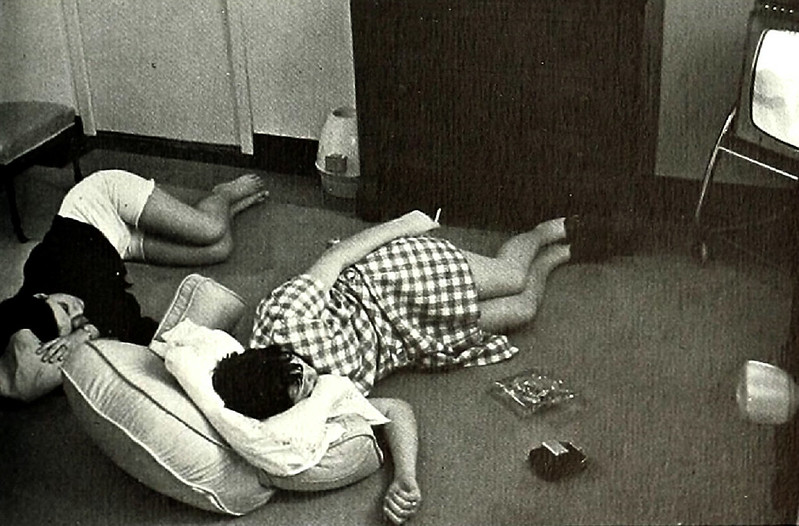
While today’s world celebrates abundance and variety, Boomers often feel paralyzed by it. Back then, you had a few channels, a handful of cereal brands, and maybe one or two pairs of shoes to choose from. It wasn’t limiting—it was liberating. Decisions were faster, expectations were lower, and there was less fear of missing out.
Now, choice overload is real. From streaming services to career paths, every decision comes with layers of research, reviews, and anxiety. Boomers remember a time when a simpler menu led to greater satisfaction. They didn’t worry about making the best choice—they just made a choice. That decisiveness brought peace of mind, and it’s one reason the past feels more navigable.
5. They Feel Their Morals Are Being Replaced
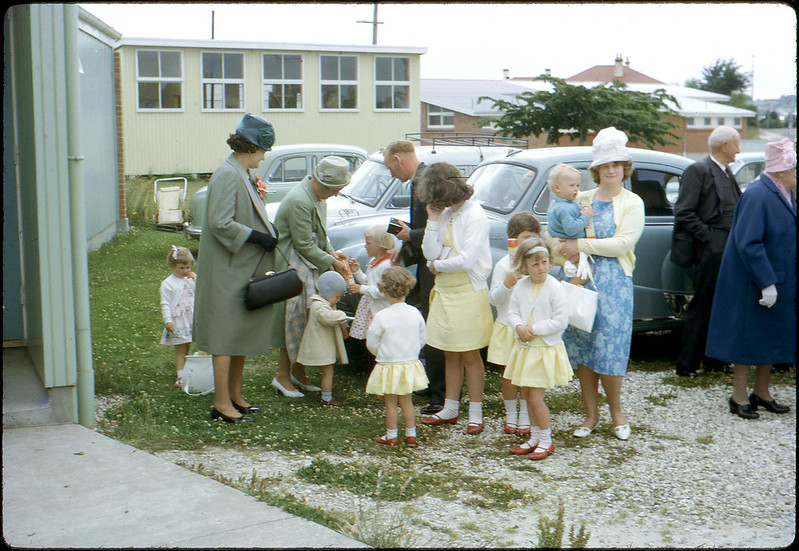
Boomers were raised with a fairly consistent set of cultural norms, expectations, and values. Right and wrong, polite and rude—these were often clearly defined in their upbringing. While those definitions didn’t always foster inclusivity or fairness, they provided a moral framework that felt secure and shared across communities.
Today’s moral landscape is more fluid, and while that can be a sign of progress, it also breeds uncertainty. Boomers may feel like the rules are always changing, and they’re not sure how to keep up. This can create a sense of cultural dislocation—like the moral compass they were taught to follow has been magnetically scrambled. That dissonance draws them back to a time when, for better or worse, the world felt more morally coherent.
6. They View Their Childhoods as Golden Years
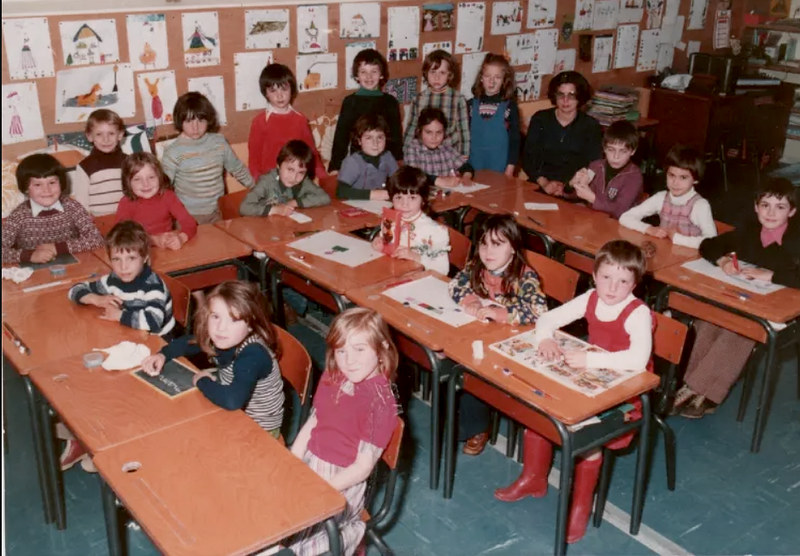
Even if their upbringing wasn’t picture-perfect, Boomers often view their childhood through a filter of warmth and safety. Playing outside unsupervised, walking to school alone, and watching Saturday morning cartoons are memories etched in comfort. They associate that time with innocence, freedom, and security—a contrast to the anxiety-ridden world of today.
Part of this idealization stems from the natural human tendency to romanticize youth. But it’s also a reaction to how childhood today has changed. Kids are often indoors, closely monitored, and tied to devices. Boomers feel lucky to have grown up with scraped knees, not screen addictions. Their past seems not only better but healthier and more rooted in real-world experience.
7. They Think Community Spirit Has Disappeared
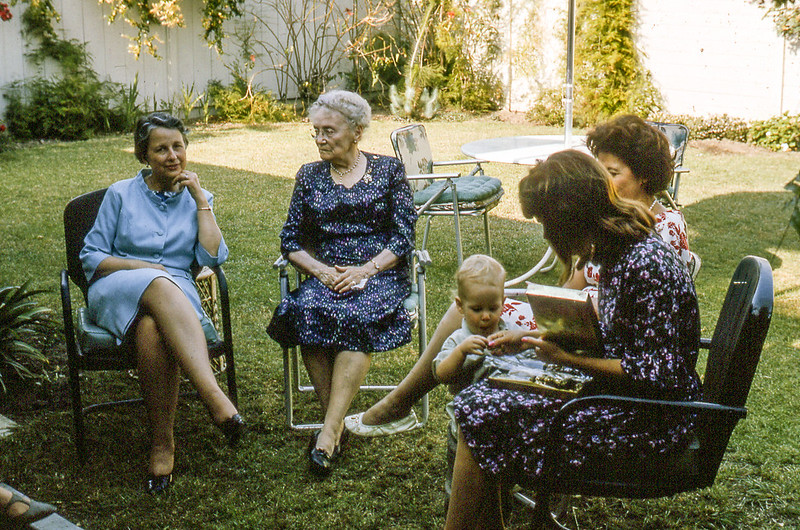
Boomers frequently reflect on a time when neighborhoods felt like extended families. Everyone knew who lived next door, and there was a sense of mutual accountability and trust. Borrowing tools, helping a neighbor fix their car, or showing up with a casserole unannounced were all part of the fabric of community life.
Now, that sense of neighborly connection often feels like a thing of the past. With so many people absorbed in their phones or transient in their living situations, the deep bonds of physical communities are harder to build. For Boomers, that loss represents more than nostalgia—it’s grief for a type of belonging that feels increasingly rare in our digital world.
8. They Feel Left Behind by Technology

Every few years, a new wave of tech reshapes how we live, work, and connect. For Boomers, this constant reinvention can feel exhausting. Learning new devices, interfaces, and platforms often comes with a steep learning curve, and the pressure to adapt is relentless. They didn’t grow up with tech as a second language—it’s more like learning a foreign one in midlife.
It’s not just the complexity—it’s the pace of change. Just when they’ve learned one system, it’s replaced by something else. This leaves many Boomers feeling excluded from conversations and conveniences that younger generations take for granted. Recalling a time when things just worked—a radio dial, a landline—brings relief from the digital whirlwind that now defines modern life.
9. They Long for a Slower Pace of Life
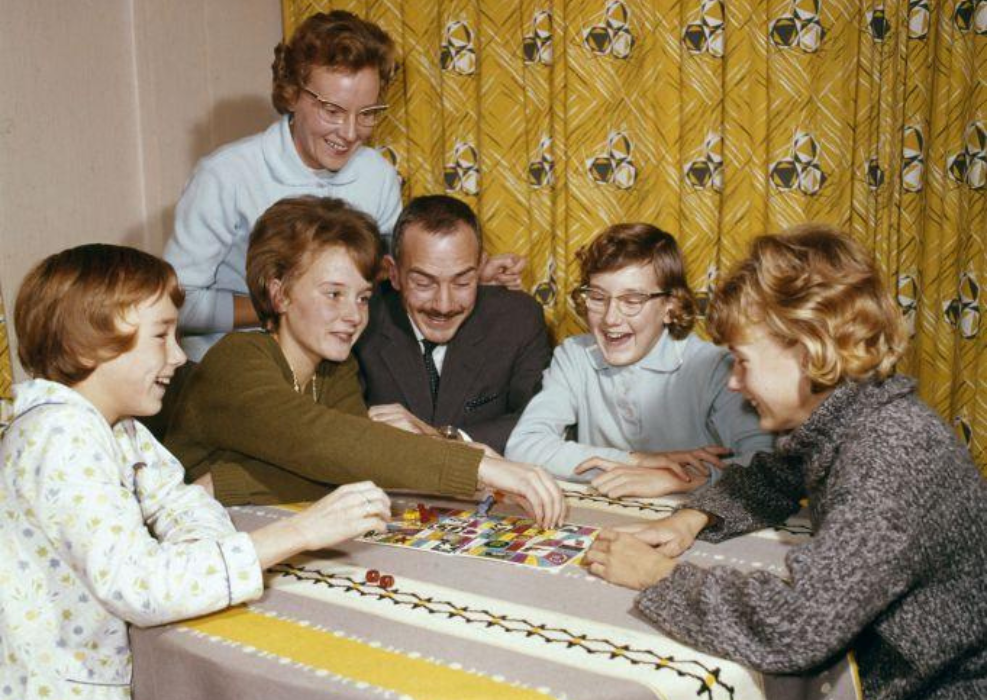
Remember when waiting was normal? Waiting for mail to arrive, for your turn on the phone, or for the next episode of your favorite show. Boomers remember these pauses in life not as inconveniences, but as moments of natural rhythm. There was time to think, to plan, and to be present without multitasking.
Today’s fast-paced lifestyle leaves little room for stillness. Everything is now, urgent, and always-on. That constant stimulation feels draining, and Boomers often look back to their slower-paced days as a time when life was savored, not rushed. Revisiting the past gives them a reprieve from the modern obsession with productivity and instant results.
10. They Worry About What the Future Holds

While no era has been completely stable, Boomers often see their earlier years as times of relative predictability. There were challenges, of course, but there was also a shared belief that things would generally improve over time. Progress felt linear, and the American Dream seemed attainable—even for the working class.
Now, with global instability, climate crises, and growing polarization, the future feels uncertain. Boomers may not fear for themselves as much as they do for their children and grandchildren. Reflecting on a time that felt more secure becomes a coping mechanism—a way to anchor themselves when the road ahead feels foggy and fraught with unknowns.
11. They Just Love a Good Story About “Back Then”

Boomers are natural storytellers. Decades of life have equipped them with rich memories, funny anecdotes, and cautionary tales. Sharing these stories is how they connect with others, pass on wisdom, and make sense of their own journey. These stories aren’t just nostalgia—they’re acts of legacy.
Telling tales about “how things used to be” is also a way to stay relevant. It bridges the generation gap and sparks conversation. Whether it’s a story about driving their first stick shift or the time they met a celebrity in a diner, it reminds younger folks that the past wasn’t just history—it was lived experience. And that’s something worth honoring, even if it comes with a side of rose-colored glasses.
